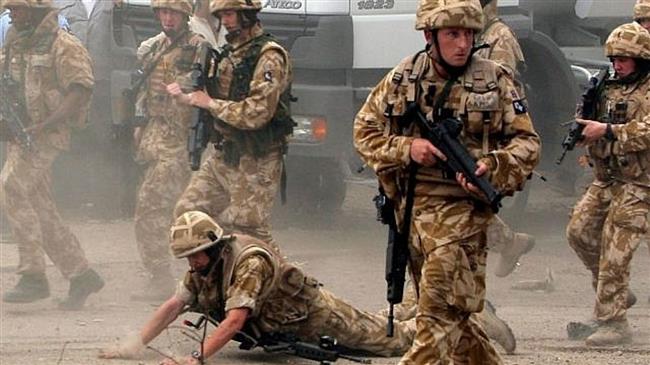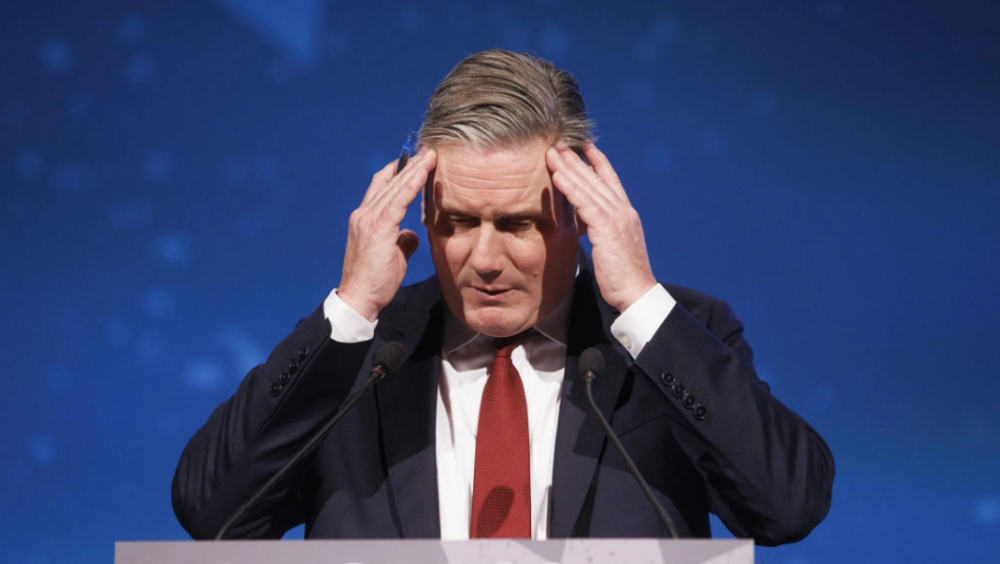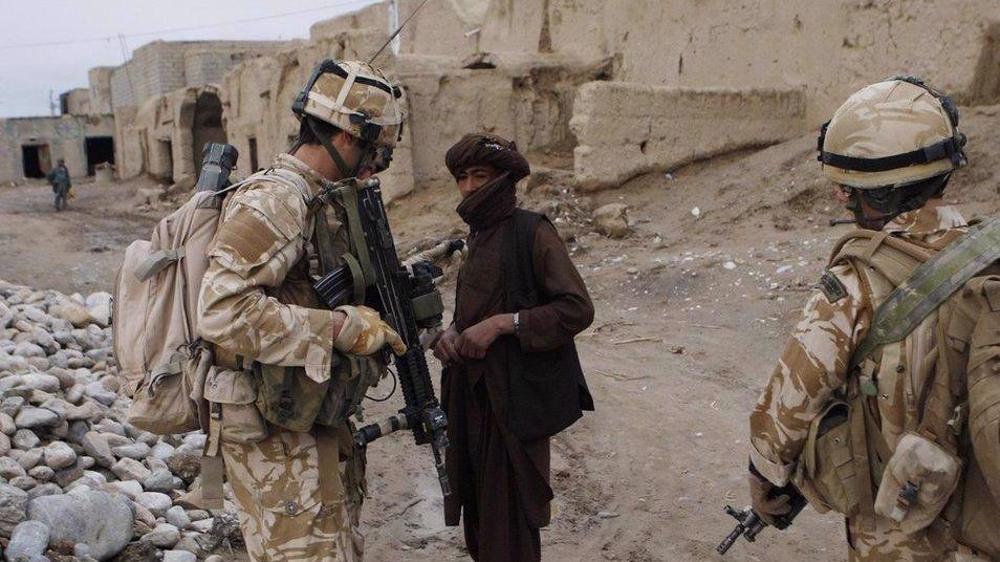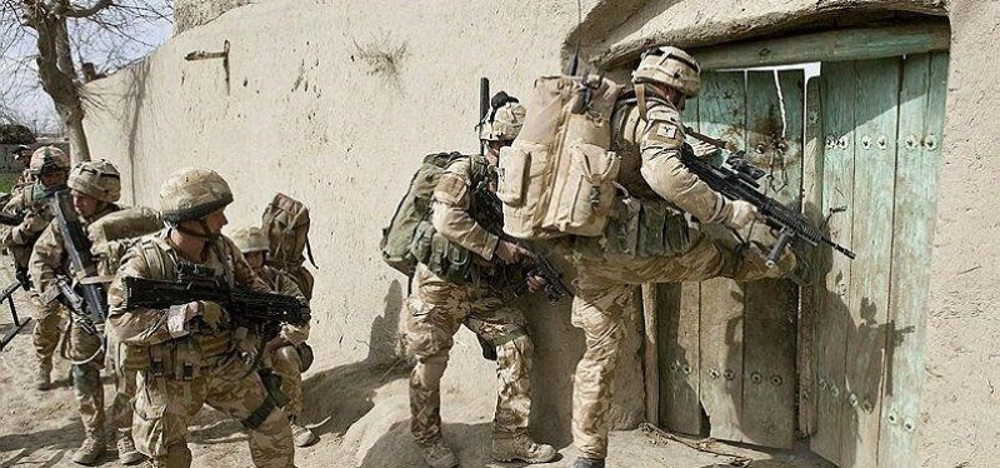Brexit ‘policy paralysis’ harming UK armed forces: Expert
Britain’s pending divorce from the European Union (EU) Is already taking its toll on the country’s armed forces, warns a leading British military specialist.
Professor Malcolm Chalmers, the deputy director general of the London-based military think tank the Royal United Services Institute, warned in a report that Brexit had put the government in a state of “policy paralysis,” taking away its ability to make “difficult decisions.”
“The government is increasingly perceived to be unable to make difficult decisions, distracted by Brexit and unable to play an international role that is commensurate with the resources it devotes to this purpose,” wrote Chalmers, who also serves as an adviser to the UK Parliament’s joint committee on the national security strategy.
“The longer this policy paralysis continues, the greater the risk to the UK’s reputation as a reliable ally, and the stronger the (unfair) perception that it is no longer capable of being a serious security player. With talks on the EU’s future relationship with the UK approaching a critical moment, this is not a helpful message,” he added.
Calling for more military spending, Chalmers stated that an ongoing review of the military budget by Prime Minister Theresa May’s government had to focus allocating more money to the military personnel as well, comparable in amount to what they spend for equipment.
The austerity plans considered by May might include taking away nine warships and 100 helicopters from the Royal Navy and Air Force while delaying tank upgrade.
May’s government has until 2019 to strike a Brexit deal with the EU.
Threat from Russia
Chalmers’ 20-page report, titled Decision Time: The National Security Capability Review 2017-2018 and Defence, repeated previous claims by British military officials that Russia was a big threat to the UK.
The expert warned that social media and cyber espionage could be Russia’s main points of attack.
“Russia’s aggressive use of rapidly developing modern technologies (including social media and cyber espionage) is particularly concerning,” Chalmers wrote.
“As a result, in contrast to the operational experience of the two decades since 1990, the UK’s armed forces are having to put deterrence of a strong peer competitor at the heart of their preparations,” he further argued.
Participation shrinks at Israeli arms expo in wake of Gaza genocide: Report
Venezuela calls on UN to pressure US for Maduro’s immediate release
Hamas: Israel seeks to break Palestinian abductees’ will through abuse
Former UK ambassador released on bail after arrest in Epstein-linked probe
Hamas condemns Israel’s arson attack on mosque in West Bank, calls for mobilization
Trump's top general warns of Iran aggression risks: reports
VIDEO | US ambassador’s remarks on Israel’s expansion spark outrage
VIDEO | ‘Protect the Right to Protest’ rally held outside London court












 This makes it easy to access the Press TV website
This makes it easy to access the Press TV website